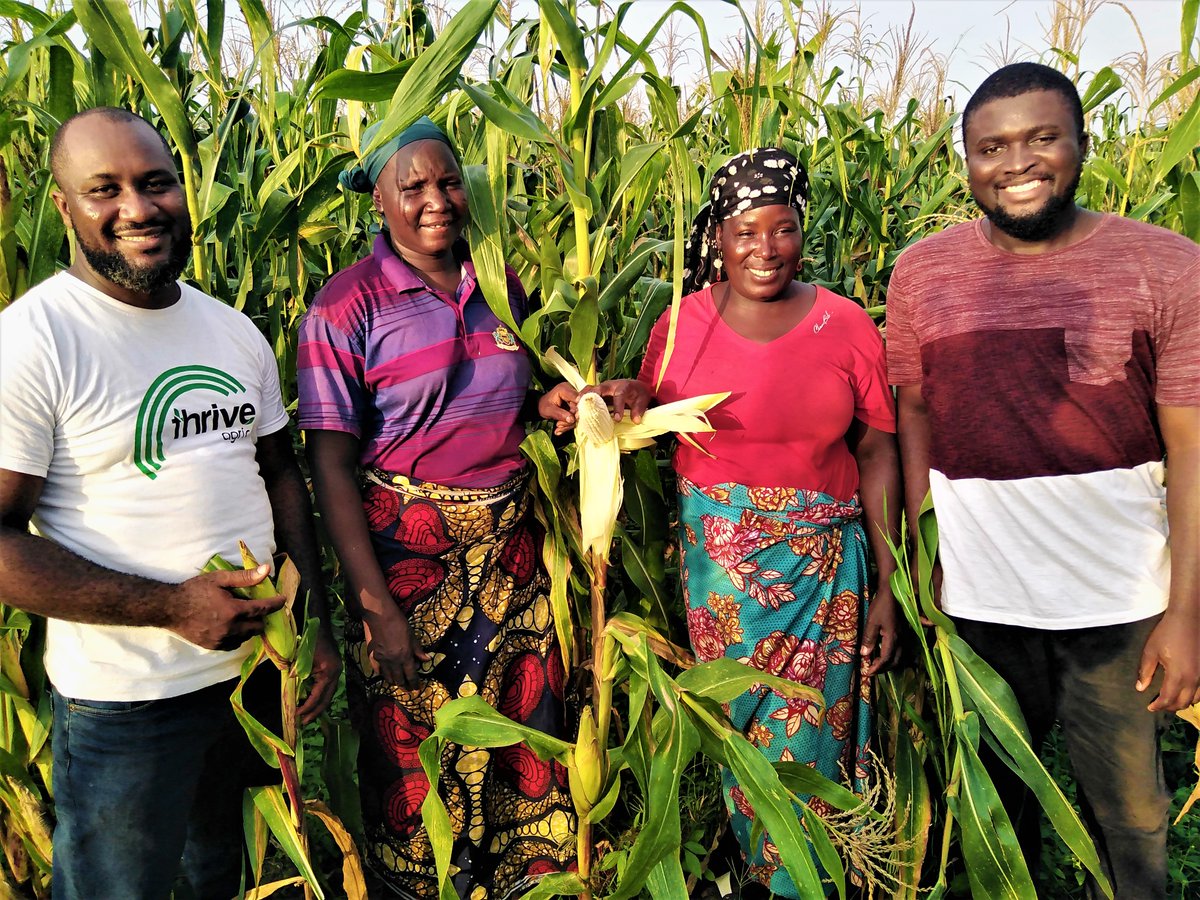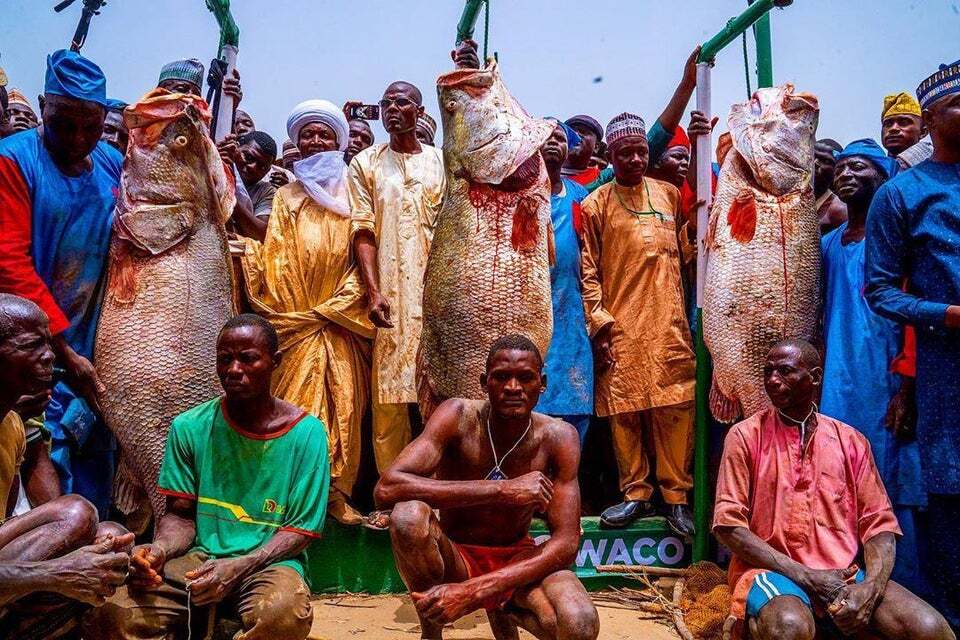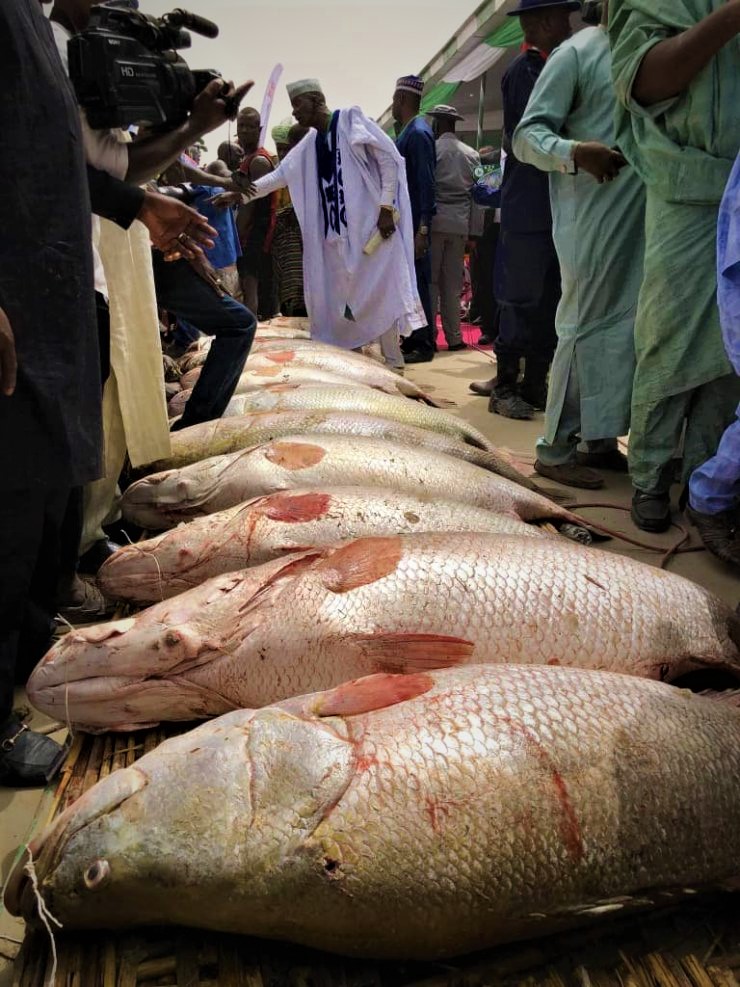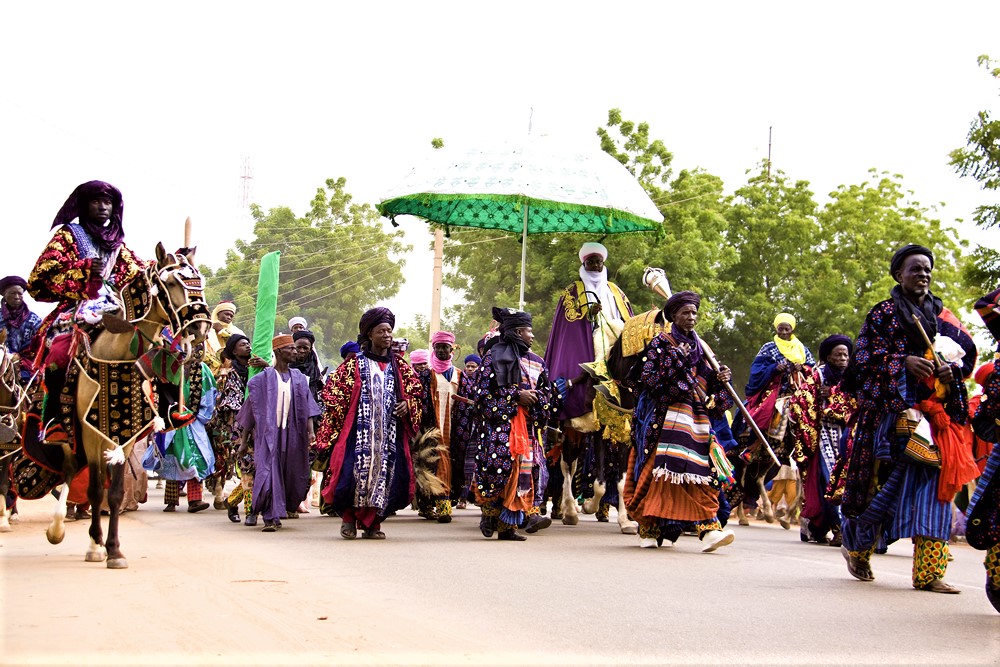What do you know about cassava?
let's start here:
Cassava is Manihot esculenta, that is its botanical name. It is extensively cultivated as an annual crop in tropical and subtropical regions for its edible starchy tuberous root, cassava is a major source of carbohydrates. ...
let's start here:
Cassava is Manihot esculenta, that is its botanical name. It is extensively cultivated as an annual crop in tropical and subtropical regions for its edible starchy tuberous root, cassava is a major source of carbohydrates. ...
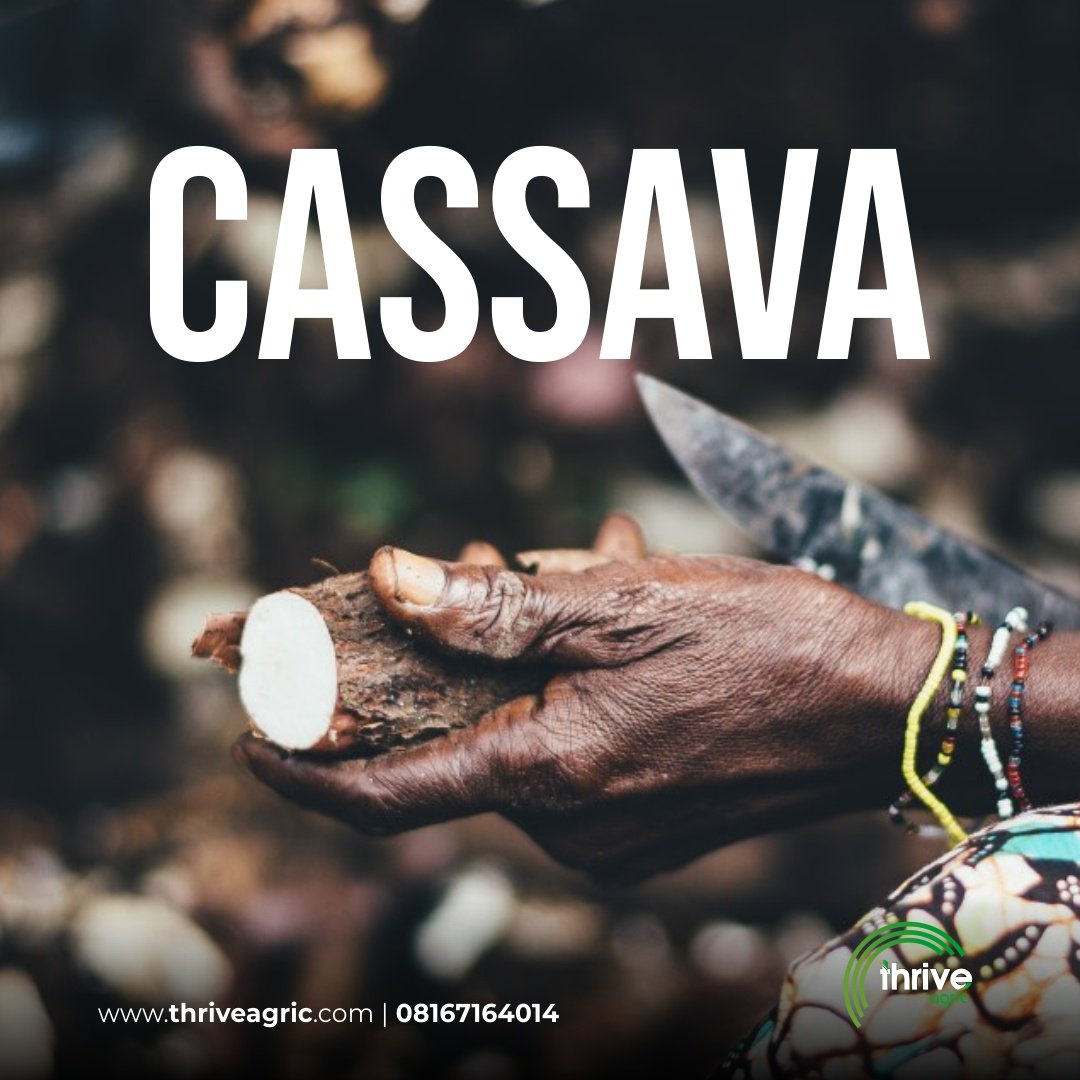
Cassava has served several purposes over the years from its peel which can be used as an exfoliator or scrub for the skin, to the roots when mixed with honey and olive oil can help hydrate the skin, leaving it smooth and soft. The roots alongside the ...
leaves can also be used as hair growth enhancer and for hair nourishment.
Cassava is used by both food production and non-food production industry and also as chemical because of it's many health benefits and vitamins.
Cassava tuber contains ...
Cassava is used by both food production and non-food production industry and also as chemical because of it's many health benefits and vitamins.
Cassava tuber contains ...
a rare type of protein that helps protect and repair body tissues, it is also a source of vitamin B-complex groups such as pyridoxine, riboflavin, thiamin and pantothenic which help to produce metabolism hormones. ...
The fibre in cassava can reduce the sugar absorption process of the body.
#good #crops
#foodproduction #cassava #agriculture #farmer
#good #crops
#foodproduction #cassava #agriculture #farmer
• • •
Missing some Tweet in this thread? You can try to
force a refresh













